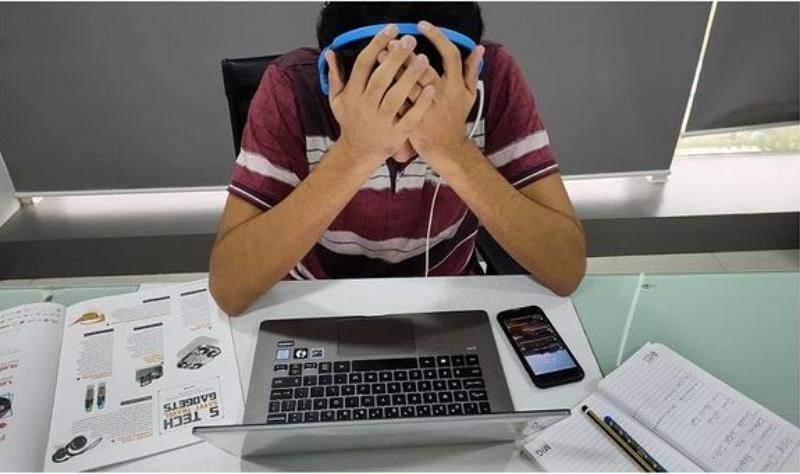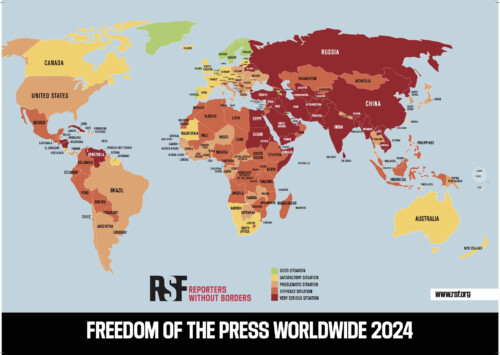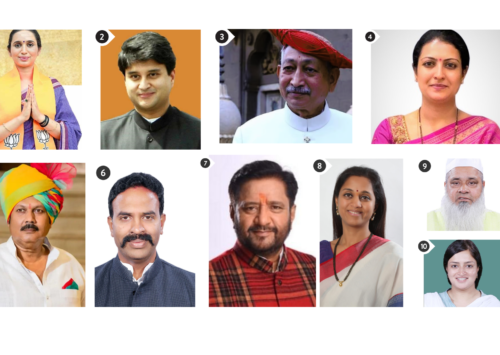Hustle Culture: Stop thinking, start working

Many Indian students believe that their individuality is defined by the labour they can produce & not by the values, ambitions they hold (MIG Photos)
Ananya Dhawan, a Delhi-based law student gets up at 8am everyday to study for her moot competition; post which she attends her regular online classes for three hours from 9:30am. She takes her breakfast while attending the classes, trying to concentrate as much as possible. Then she takes a 15-minute break and gets back to studying for her internals examinations and tutorials. She has also been pursuing two internships along with that. After a few hours of studying around 3pm, she has her lunch and starts working for her internships. This continues till about 8pm at night. She has her dinner at 8:30pm and then she prepares for competitive exams or studies law. Then finally goes to bed around 4am in the morning to wake up barely four hours later. And then begins her hustle all over again.
At a time when more work equals more efficiency, such a routine in which people barely have time to eat and sleep has become a norm.
“The burden does get to you and when there is so much to do, I definitely feel that instead of resting I can utilise my time to work on everything,” Dhawan tells Media India Group.
Impact on mental and physical health
Besides the fact that hustle culture completely exhausts mind and body, mental health experts believe that such exhausting schedules may lead to disruption in the biological rhythm of the body and could have significant effects on a whole range of things like work efficiency, sleep patterns, mental health, psychological or behavioural changes, stress, depression, Type II Diabetes, reproductive outcome, obesity, hypertension and developing cerebro-cardiovascular complications.
“Various mental health problems like high functioning anxiety arises from a culture which puts an excessive amount of value on being consumed by your work and gives no leeway with regard to any inability to cope,” Ritansha Grover, a Delhi-based psychologist tells Media India Group.
Many Indian students believe that their individuality is defined by the labour they can produce and not by the values, ambitions and principles they hold. They have accepted the notion that the busier they keep, the happier they can expect themselves to be, leading to a toxic competition between students, rather than a healthy environment promoting self-growth.
“Whenever I see LinkedIn or hear of other people’s achievements, it makes me feel as though there’s a lot I have to accomplish and there is way too less time to do so,” says Dhawan.
Pandemic worsens the situation
The onset of the Covid-19 in 2020 wreaked havoc on lives of people in more ways than one. While many people lost their jobs, students especially those in universities worried about the uncertain future and dwindling economy. In total disregard of the ground reality, schools and governments expect students to meet deadlines and give exams, even while dealing with the daunting death toll, constant news of despair and the horror of seeing their loved ones suffer due to the deadly pandemic.
“The novelty of the pandemic induced online learning and the worsening situation in the country along with the added pressure of being under the constant observant gaze of parents has led to a definitive increase in productivity linked anxiety amongst students,” says Grover.
Striking the balance
If the stress brought on by the hustle culture and the constant need to perform better was not enough, this disruption has certainly added to people’s worries making it all the more important for them to strike a healthy balance between work and leisure.
“It becomes very important for students in such cases to find anxiety relieving social support and personal stress relieving hobbies and talk to the right people if you feel overburdened or pressurised. Putting on an act of normalcy when someone is internally suffering from emotional and mental fatigue can have disastrous results,” says Grover.









